Sudán del Sur/9 de Junio de 2018/Europa Press
Los clubes de paz enseñan a los niños lo que es el cariño, el perdón y la resolución pacífica de conflictos
Los moretones eran frecuentes y el intercambio de golpes muy común. A los 13 años, Ayen aprendió a cerrar los puños y a defenderse. Cualquier desacuerdo podía terminar en una pelea. «En una ocasión llegué a pelearme con mi propia hermana en el colegio», cuenta Ayen.
La mayoría de las 180.000 personas que llegaron al campo de refugiados de Kakuma en Kenia, presenciaron escenas brutales antes de abandonar su tierra natal a causa del conflicto en el país. Algunos sienten rencor y otros permanecen distantes entre sí a causa de lo que han experimentado y presenciado en el pasado. Como resultado, algunos de los refugiados se han tomado la justicia por su mano, después de meses o incluso años.

Niños refugiados de Sudán del Sur llevan la paz a las escuelas en las comunidades del norte de Kenia
«Muchas personas procedentes de Sudán del Sur acuden a la escuela, pero tienen miedo del pasado. Los niños llegan aquí después de haber perdido a uno o varios parientes,» dice Peter Par Kuang, director de la escuela principal en Kakuma. «Han presenciado conflictos armados y otros horrores. Les lleva mucho tiempo dejar las hostilidades a un lado y centrarse en su educación», añade.
Ayen afirma que sus cicatrices emocionales motivaban su actitud violenta. A los nueve años de edad, fue separada de sus padres y acogida por su tío en Jartum. «No nos estaba cuidando. No se molestaba en asegurarse de que fuéramos al colegio o de que hiciéramos nuestros deberes en casa,» recuerda Ayen. Durante el tiempo en que estuvo con su tío, éste trató de casar a una de sus hermanas con un hombre mayor. La situación era tan mala que las niñas sabían que debían escapar.
«Encontramos el número de teléfono de nuestro padre que había regresado a Kenia. Le contamos lo que había sucedido, vino a buscarnos y nos llevó con él. Esto sucedió en 2011. Estábamos muy afectadas por todo lo ocurrido en aquel momento. Nos gustaban las bromas, pero también nos gustaba pelear,» explica Ayen.
Polyne Lokoruka era la profesora de Ayen en aquel entonces. Recuerda lo rápido que Ayen podía explotar, se enfadaba con mucha facilidad. Esta situación era demasiado común entre todos los estudiantes refugiados de su clase. «Nuestras aulas estaban llenas de estudiantes; los niños se sentaban incluso en el suelo. Si el niño equivocado se sentaba al lado de otro, se susurraban amenazas al oído tipo, «cuando salgamos te vas a enterar». «Al llegar el descanso, las amenazas se hacían realidad y acababan pegándose fuera de las clases», dice Polyde.

PERO LAS COSAS EMPEZARON A CAMBIAR
Los profesores se dieron cuenta de que los niños estaban afectados por su pasado y que los proyectos para la consolidación de la paz eran de vital importancia.
A pesar de todo, había resistencia por parte de los niños. Estos no mostraban ningún interés en mejorar sus dotes relativas a la resolución de conflictos. «No queríamos saber nada de lo que estuviera relacionado con la paz, no éramos pacificadores», recuerda Ayen. «Yo solía decir que jamás cambiaría», explica.
Sin embargo, poco a poco, y a través de las actividades del club de la paz, los niños comenzaron a transformarse. El club les enseñó lo que era el cariño, el perdón y la resolución pacífica de conflictos, evitando así la violencia.
Ayen fue una de las primeras en cambiar: «Si no tienes el conocimiento necesario, no eres capaz de resolver el conflicto». Al llegar a Quinto Grado fue elegida como delegada de su clase. «Me di cuenta de que si yo podía cambiar, entonces todos los demás podían hacerlo también. Necesitas aprender a ser honesto, a ser humilde», afirma.

Rápidamente se convirtió en una fiel defensora de la paz dentro de la escuela, dentro de la comunidad de refugiados y dentro de la comunidad de Turkana. Ahora, Ayen lidera un club de la paz apoyado por World Vision. Ayuda a organizar actividades como debates, días de limpieza medioambiental y partidos de fútbol, para promover la amistad y crear un sentimiento de unidad dentro de su comunidad.
«Espero que algún día pueda ir a Sudán del Sur y poner en práctica mis enseñanzas relativas a la paz», afirma hoy, con 18 años de edad.
World Vision está implementando un modelo llamado ‘Empoderando a los niños como constructores de la paz’ y ha creado clubes de la paz en 12 colegios diferentes localizados en Kakuma. Estos clubes tienen 277 pacificadores entrenados para traer paz y armonía a las escuelas y a las comunidades. El proyecto busca ayudar a niños y adolescentes a mejorar sus relaciones y armonizar sus comunidades.
Fuente: http://www.europapress.es/internacional/noticia-ninos-refugiados-sudan-sur-llevan-paz-escuelas-comunidades-norte-kenia-20180604081337.html
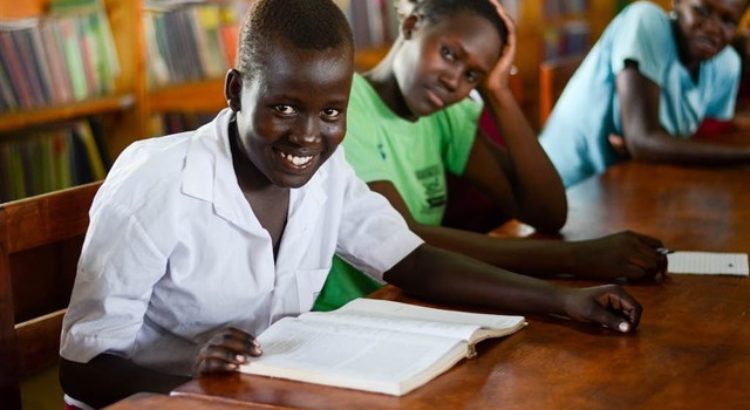

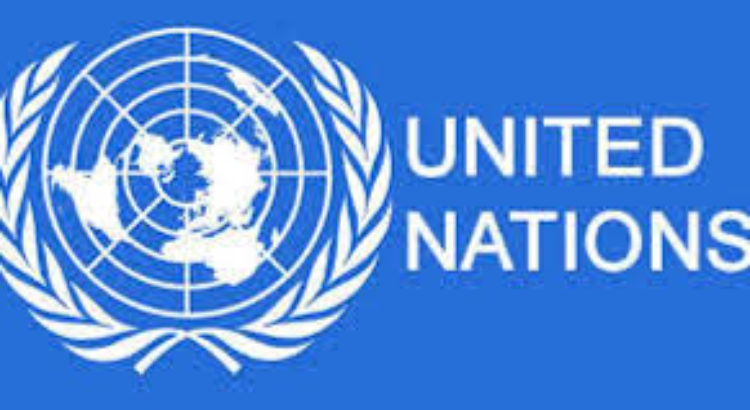
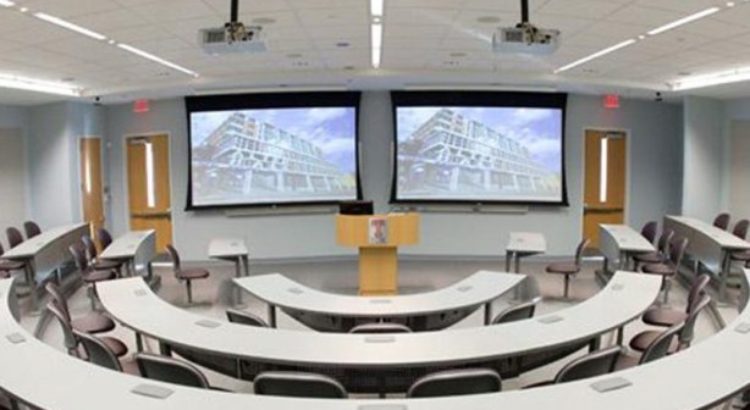
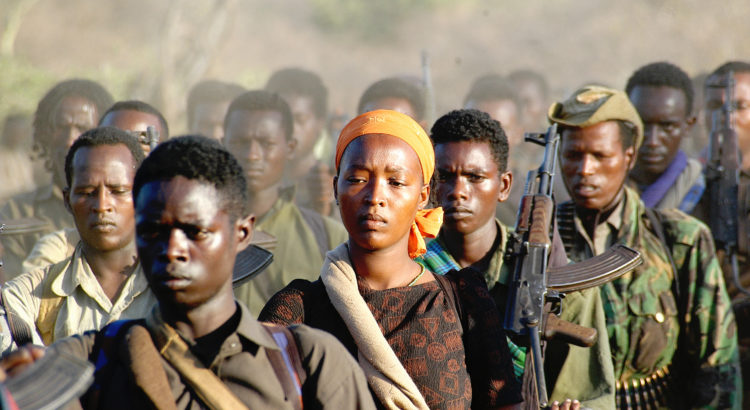

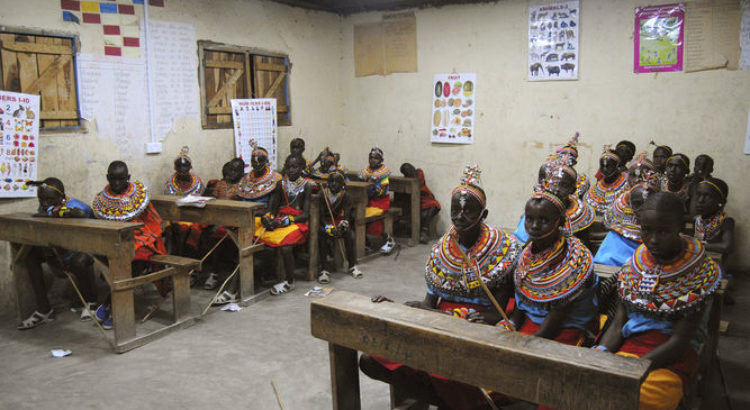






 Users Today : 30
Users Today : 30 Total Users : 35460047
Total Users : 35460047 Views Today : 43
Views Today : 43 Total views : 3418674
Total views : 3418674